Positive Behaviours
As a college, we support students to understand and adhere to our expectations through explicit teaching. As a place of learning, we want all students to be engaged and contributing to a safe and respectful learning environment where students can flourish. In Parent Information sessions this year you may have heard mention of PBIS (Positive Behaviour Interventions and Supports), so I thought I would explain it a little in this week’s newsletter.
Our Purpose Statement
Through a consistent whole school approach, we will teach, model and support our students, in learning desirable behaviours and attitudes to enhance their academic, social and emotional learning.
What is PBIS?
PBIS is a proactive approach and focuses on teaching all students agreed expected behaviours and pro-social skills rather than just reacting to behaviour errors. A small number of students require highly individualised and intensive interventions (sometimes aligned with Personalised Plans for Learning).
Why teach expected behaviours?
- We cannot assume students understand expected behaviours
- Research shows that punishment, when used inconsistently and without positive strategies, is ineffective
- Consequences do little other than to signal an error has occurred; they do not re-educate and teach what is expected
- Teaching expected behaviours has a positive link to wellbeing and academic outcomes
- Repetition of explicit teaching is key to learning.
What does PBIS look like at St Mark’s College?
A matrix of Behaviour Expectations and agreed Classroom Expectations is displayed in every classroom. This Matrix was developed last year in consultation with staff, students and the community.
- Procedures for non-classroom settings are displayed in their relevant areas.
- Students can state the behavioural expectations.
- Positive behaviours are explicitly taught, modelled and practised with students and reinforced throughout the year.
- All staff acknowledge and positively reinforce expected student behaviours.
- It is a team-based approach.
- Families are informed and actively included in supporting expectations.
For most students, modelling and reinforcing the expectations is sufficient. All students hear and practise the expectations in Tier 1 – universal support. Of course, we recognise that students sometimes make poor choices and mistakes. We work with students who need additional support through Tier 2 interventions such as re-teaching outside of class time. For a few students, persistent challenges will result in Tier 3 interventions, which include an explicit Behaviour Support Plan. Significant behaviours that breach expectations may result in suspension from school. As parents we can sometimes be quick to deny, defend or excuse our children’s behaviour, but this does not help our young people to accept responsibility for their actions or to develop the social and emotional skills needed to thrive in the community. We greatly appreciate parent support in reinforcing expectations and working with us to equip our young people with some vital life skills.
Click to see our Positive Behaviour Intervention Strategy for the College.
In a world where we can be anything, above all be kind.
Dr Sandra Hewson, Principal

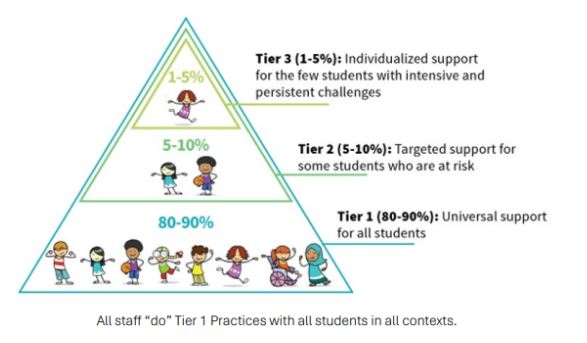


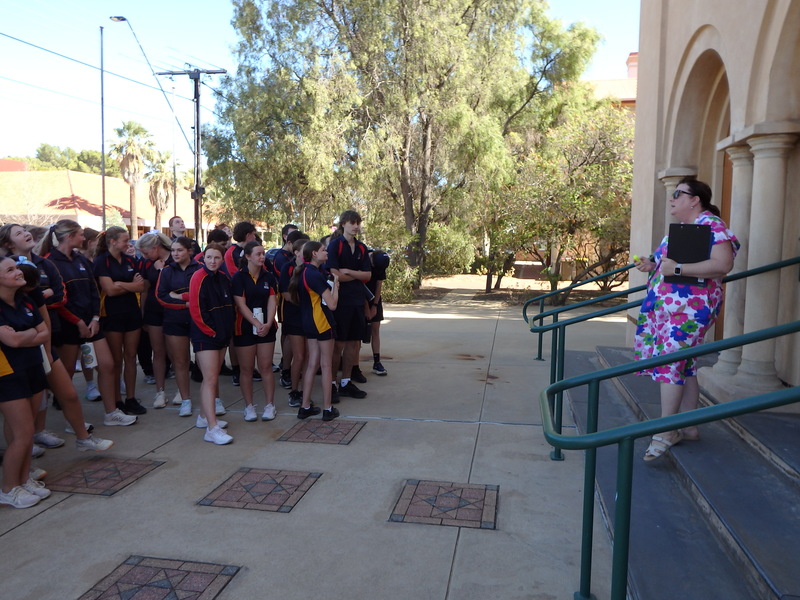










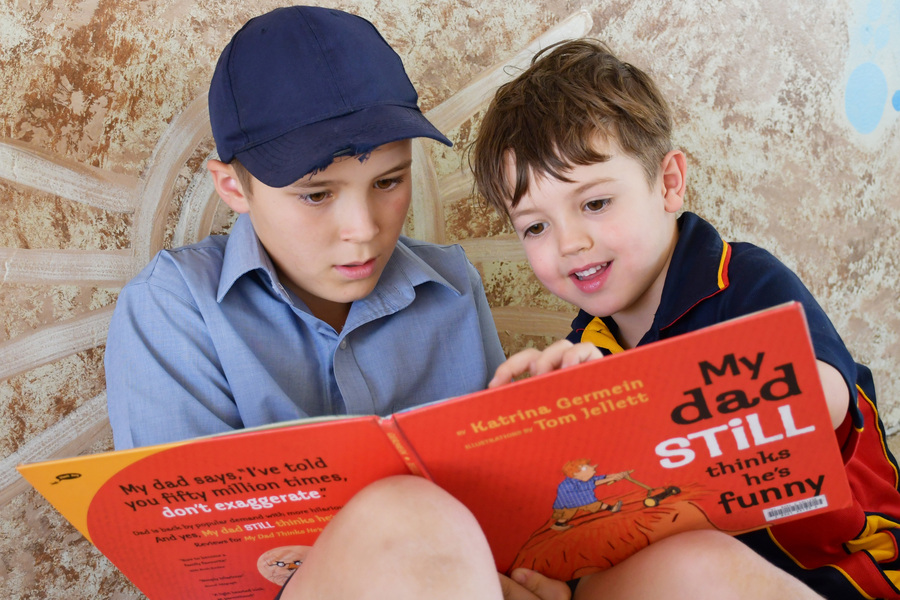
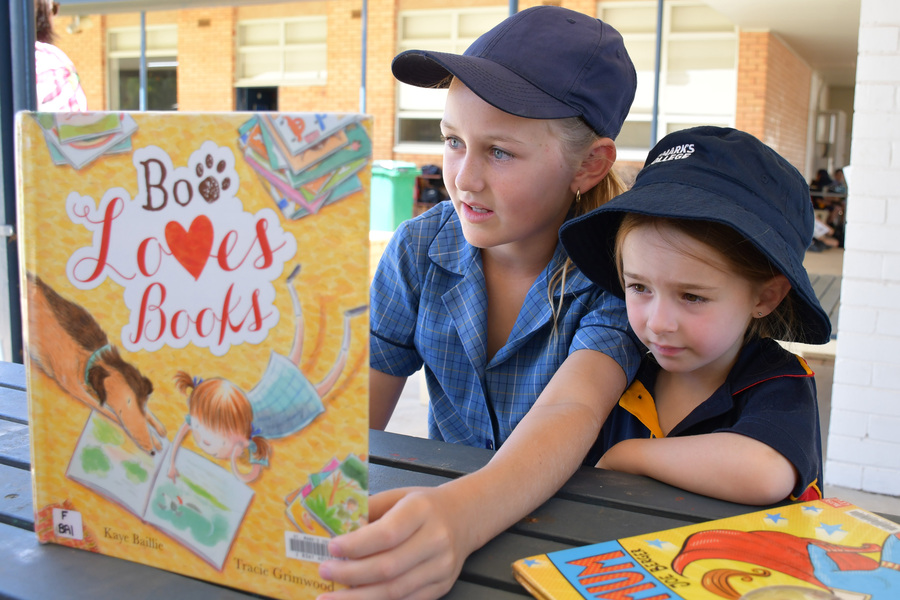


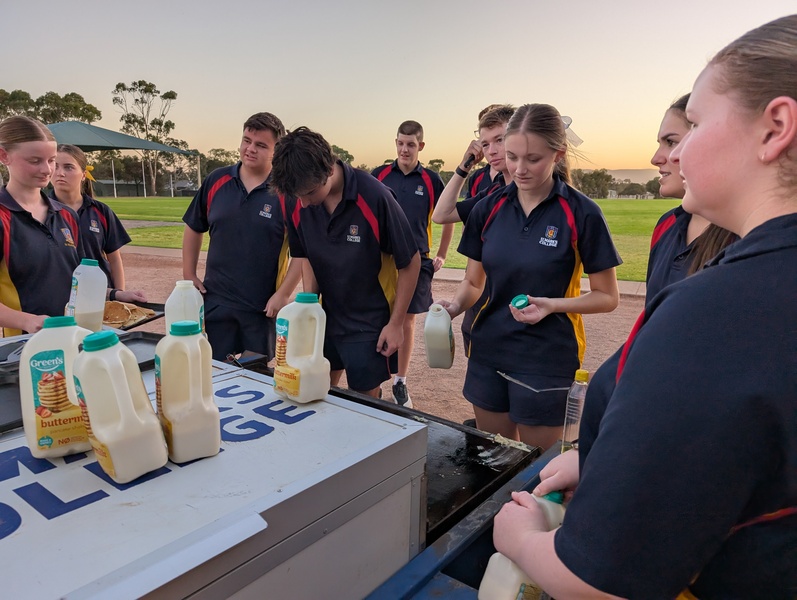




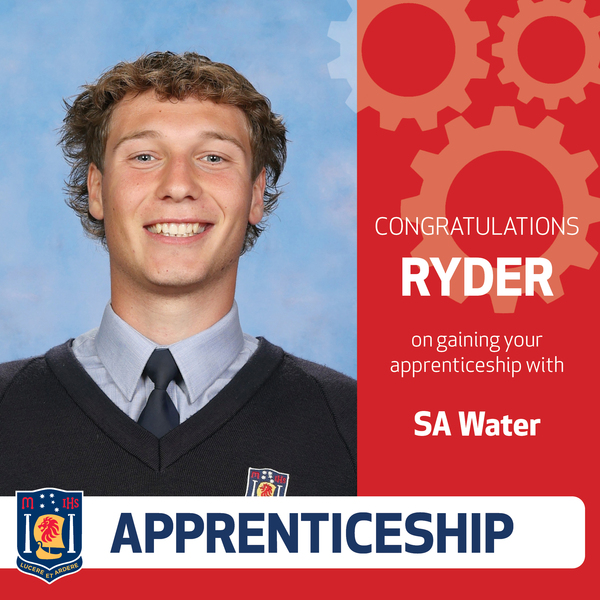





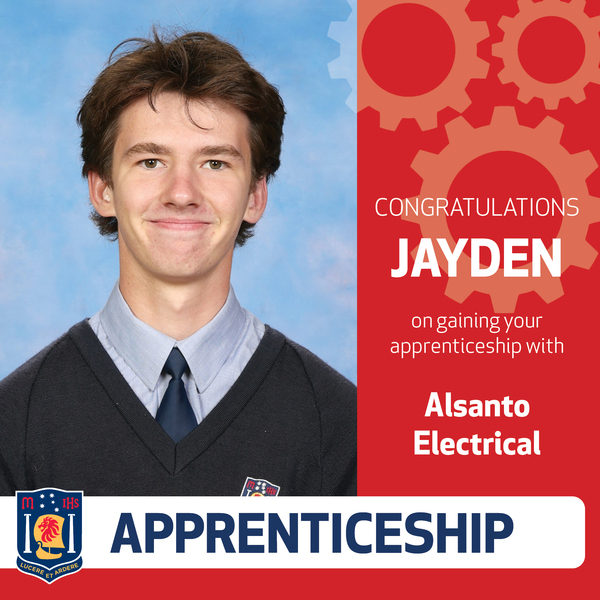

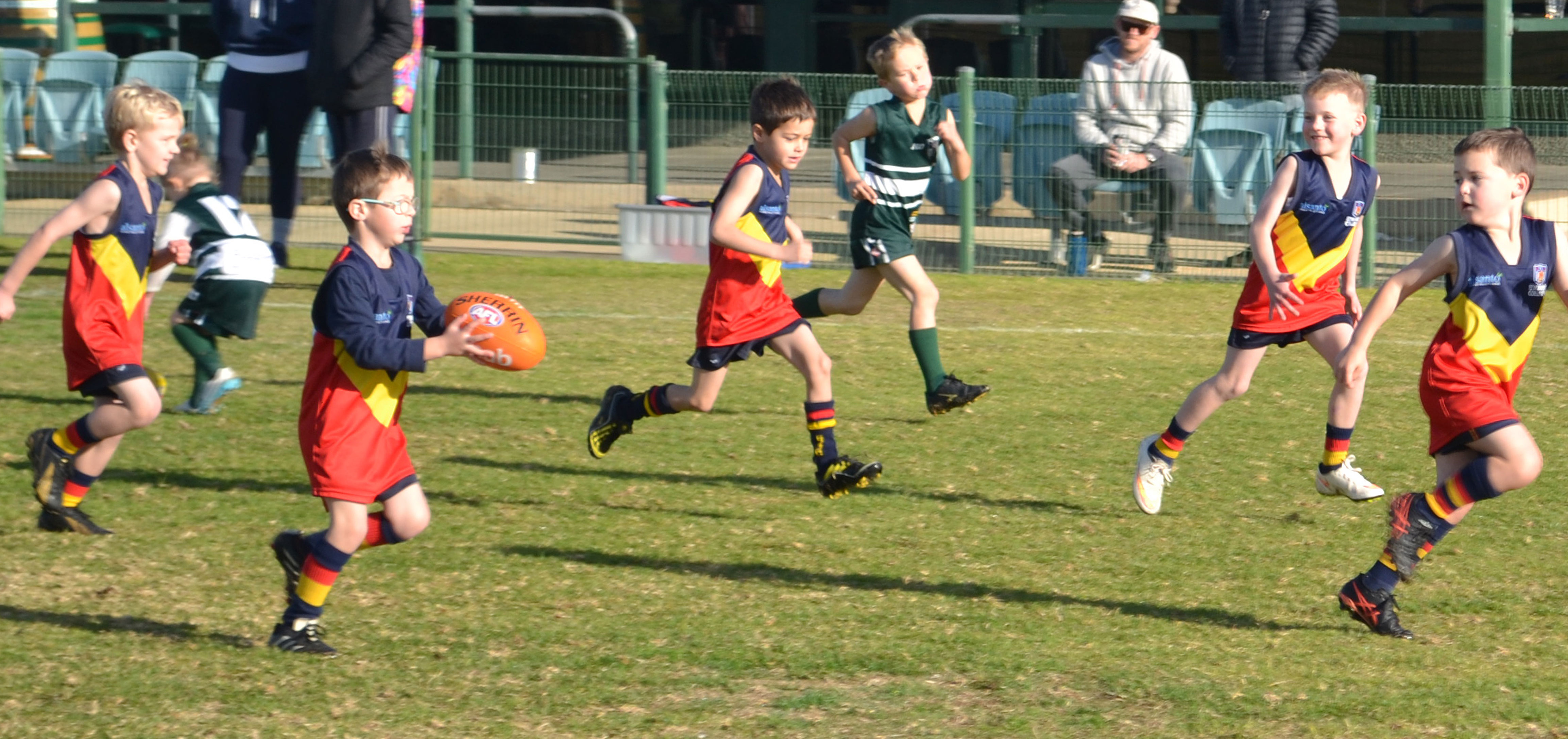

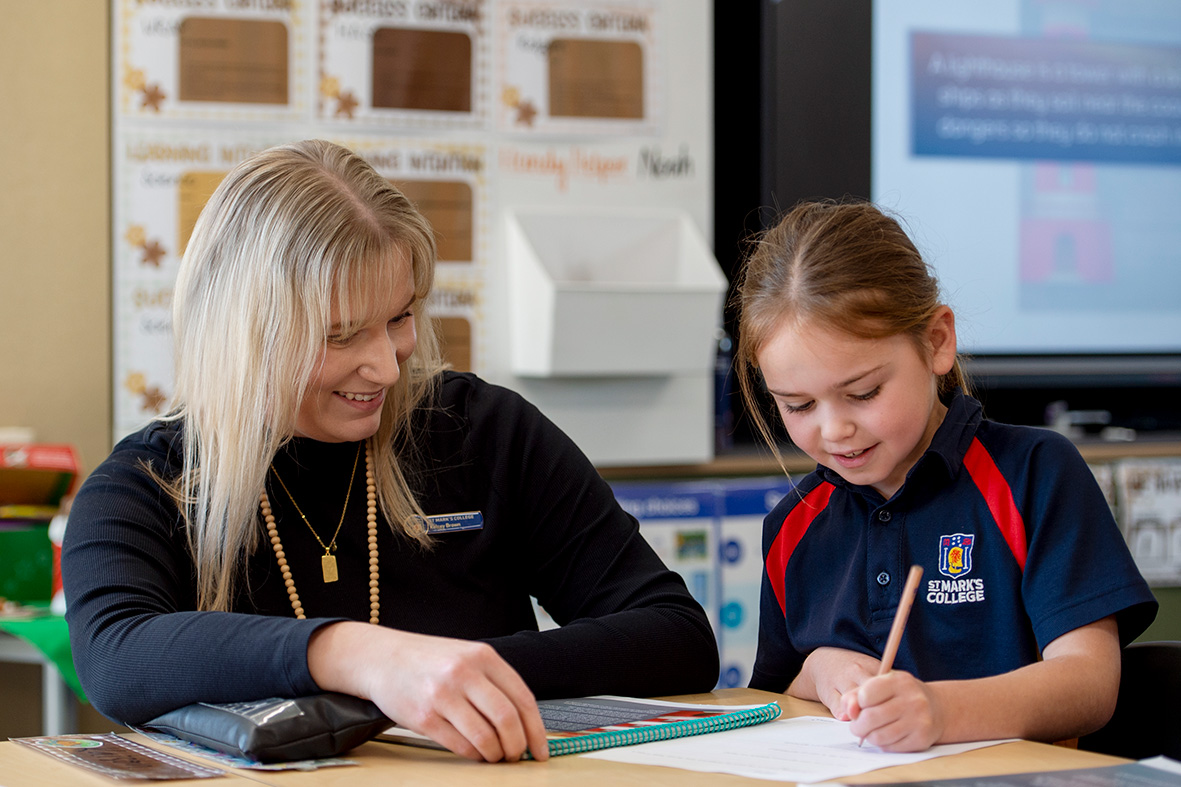



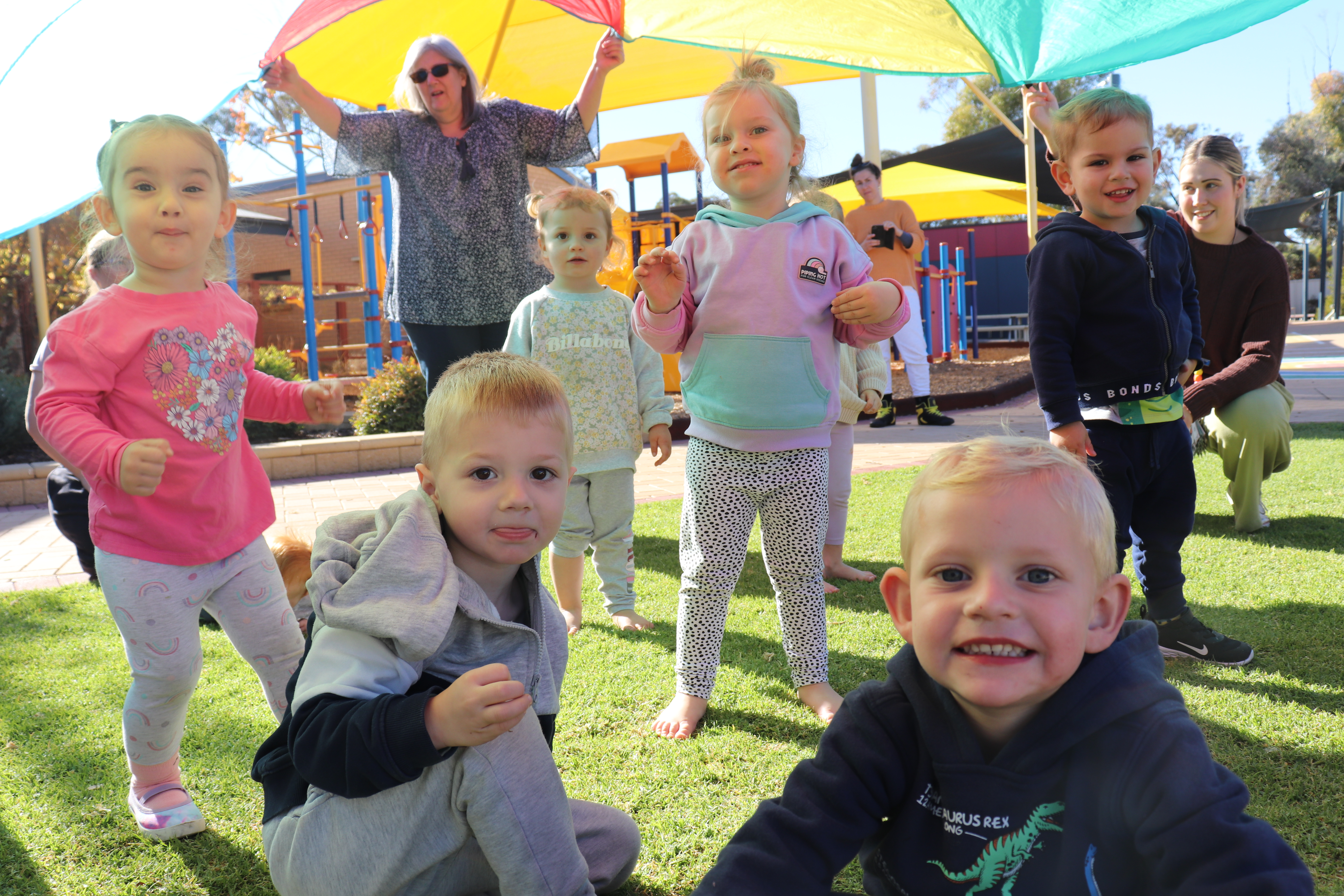
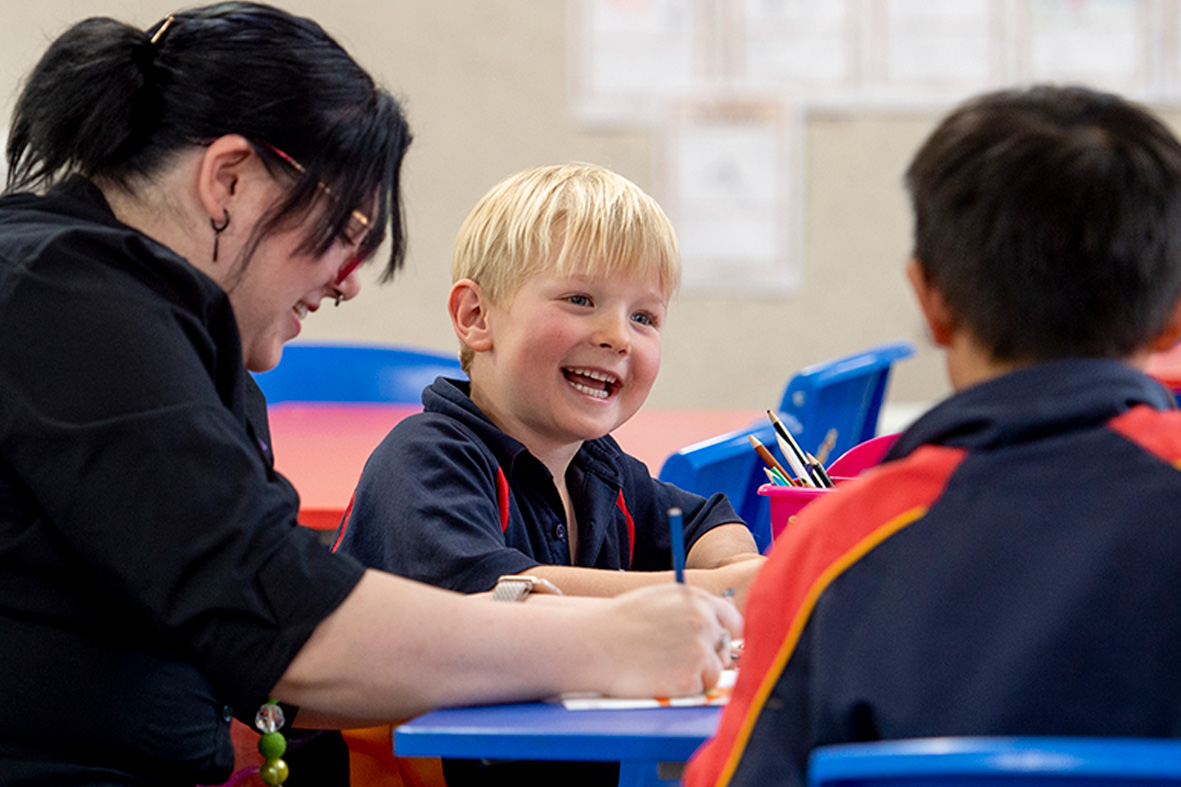
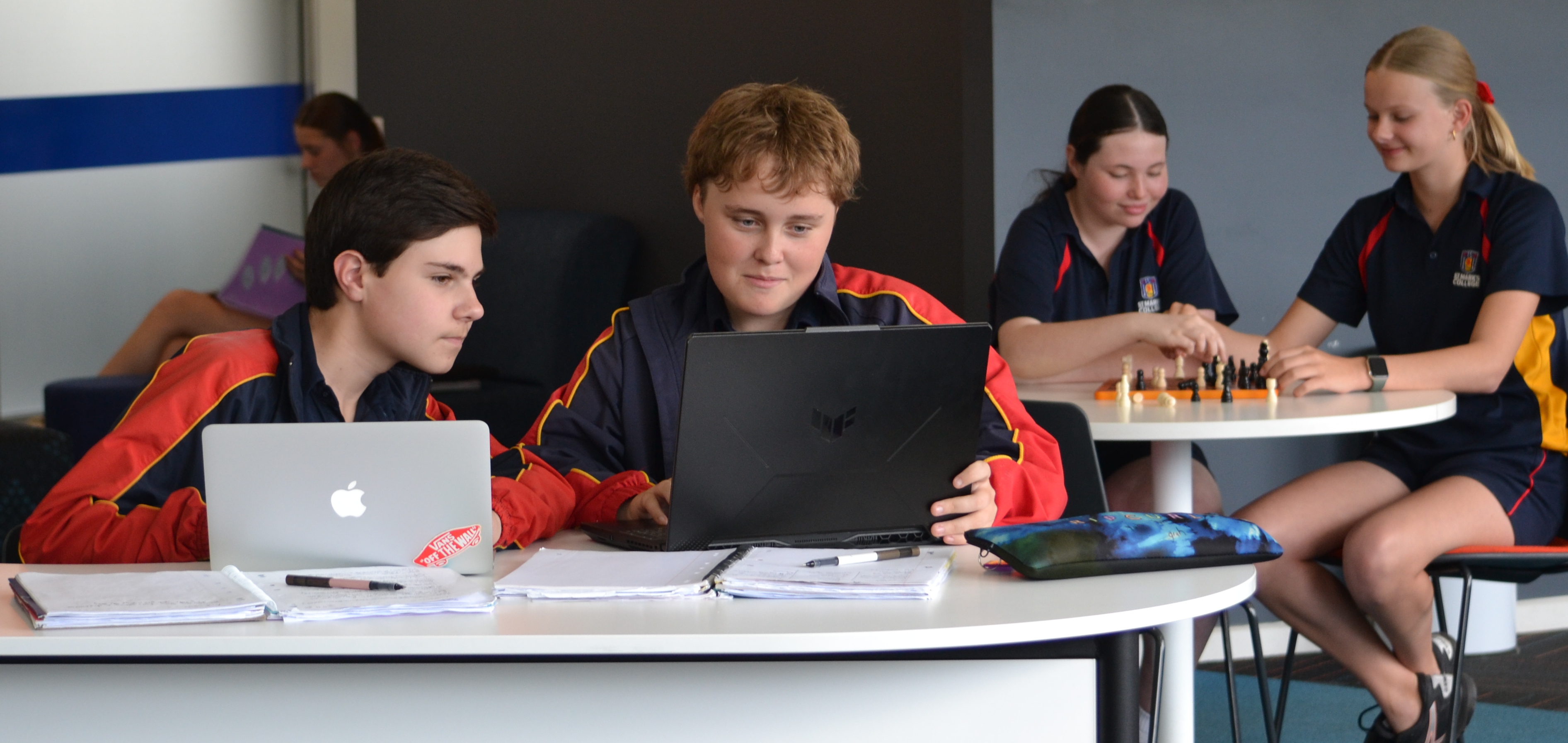
Social